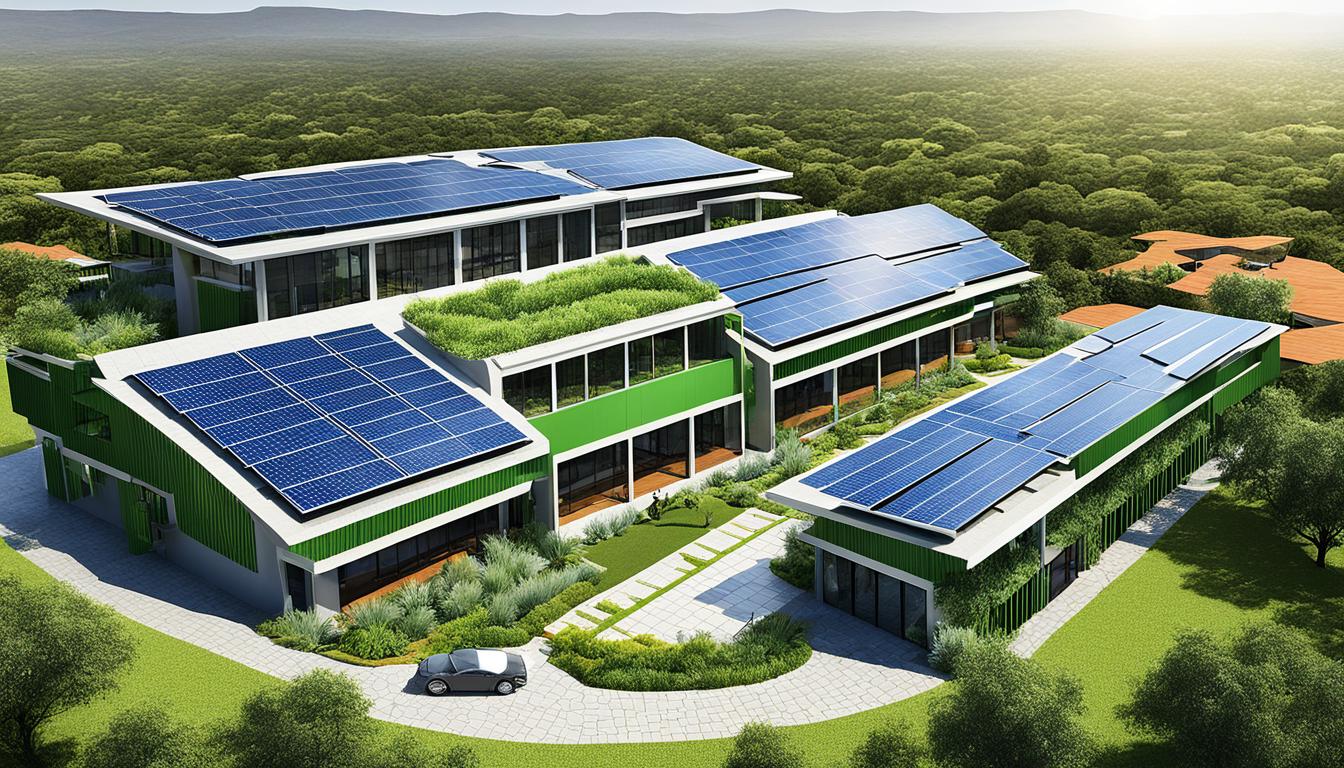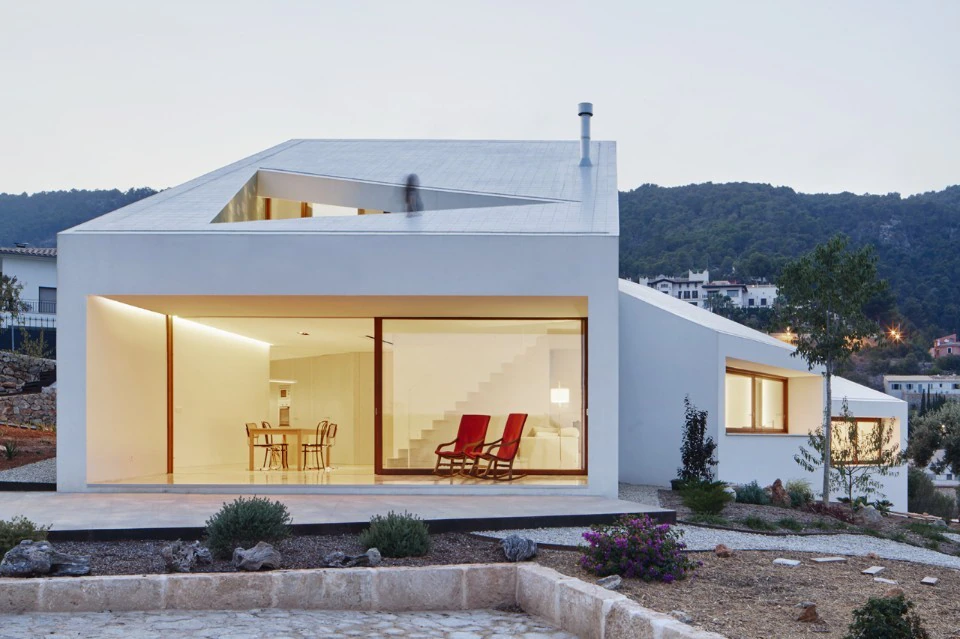Understanding the dynamics of Airbnb seasonal pricing is crucial for homeowners and real estate developers looking to maximize their earnings. The travel industry experiences fluctuations throughout the year, and aligning your pricing strategy with these patterns can significantly impact your rental income. In this article, we will explore Airbnb seasonal pricing tips that can help you stay ahead of the competition and ensure your property remains attractive to potential guests.

1. Understanding Seasonal Demand
The first step in optimizing your pricing strategy is to understand the concept of seasonal demand. Different seasons bring varying levels of travelers, and it’s essential to adjust your pricing accordingly. For instance, summer may attract more tourists to beach destinations, while winter might see an influx in ski resorts. By recognizing these trends, you can set competitive prices that reflect the demand during each season.
2. Analyzing Market Trends
To effectively implement Airbnb seasonal pricing tips, you need to analyze market trends. This involves researching your local market and identifying peak travel periods. Use tools like short-term rental insights to gather data on occupancy rates, average nightly rates, and booking patterns. By staying informed about market trends, you can make data-driven decisions to optimize your pricing strategy.
2.1 Leveraging Historical Data
One effective way to analyze market trends is by leveraging historical data. Review your property’s past performance to identify patterns and trends. This information can provide valuable insights into the pricing adjustments needed for different seasons. Keep track of key metrics such as occupancy rates, revenue per available room (RevPAR), and customer reviews to gauge the effectiveness of your pricing strategy.
3. Setting Competitive Prices
Setting competitive prices is a crucial aspect of Airbnb seasonal pricing tips. While it’s important to maximize your earnings, you must also remain competitive in the market. Research similar properties in your area and analyze their pricing strategies. Adjust your rates to align with the competition while considering factors such as location, amenities, and guest reviews. By striking the right balance, you can attract more bookings and increase your revenue.
3.1 Utilizing Dynamic Pricing Tools
To streamline the process of setting competitive prices, consider utilizing dynamic pricing tools. These tools use algorithms to analyze market data and adjust your rates automatically based on demand fluctuations. By automating your pricing strategy, you can save time and ensure your rates remain competitive throughout the year.
4. Enhancing Property Appeal
While pricing is essential, the appeal of your property also plays a significant role in attracting guests. Consider enhancing your property’s appeal by investing in upgrades and improvements. Provide amenities that cater to the needs and preferences of your target audience. Additionally, ensure your property is well-maintained and clean to create a positive impression on potential guests. For more information, check out these cleaning supplies for short-term rentals.
4.1 Highlighting Unique Features
Highlighting the unique features of your property can make it stand out from the competition. Emphasize any special amenities or experiences that guests can enjoy during their stay. Whether it’s a stunning view, a private pool, or proximity to popular attractions, showcasing these features can increase the attractiveness of your listing and justify higher pricing.
5. Utilizing Special Offers and Discounts
During low-demand seasons, consider offering special promotions and discounts to attract guests. Offering discounted rates, free nights, or package deals can entice travelers to choose your property over others. Promote these offers through your listing and social media channels to reach a wider audience and boost bookings during slower periods.
5.1 Creating Last-Minute Deals
Creating last-minute deals can be an effective strategy to fill vacant dates. As the travel date approaches, consider offering reduced rates to attract spontaneous travelers. Highlight these deals in your listing’s description and update your availability calendar to reflect the discounted prices. This approach can help maximize your occupancy and revenue during low-demand periods.
6. Monitoring and Adjusting Pricing Strategy
Monitoring and adjusting your pricing strategy is an ongoing process. Regularly review your property’s performance and make necessary adjustments based on market conditions and guest feedback. Stay proactive and responsive to changes in demand and competition to ensure your pricing remains optimized throughout the year.
6.1 Gathering Guest Feedback
Gathering guest feedback is invaluable in refining your pricing strategy. Encourage guests to leave reviews and provide feedback on their experience. Analyze the feedback to identify areas for improvement and address any concerns. Positive reviews and guest satisfaction can enhance your property’s reputation and justify higher pricing in the future.
Conclusion
Implementing effective Airbnb seasonal pricing tips can significantly impact your rental income and overall success as a host. By understanding seasonal demand, analyzing market trends, setting competitive prices, enhancing property appeal, offering special promotions, and continuously monitoring your strategy, you can maximize your earnings and attract more guests throughout the year. Stay proactive and adaptable to changes in the travel industry to ensure your Airbnb property remains a top choice for travelers.

FAQs
How do I determine the right price for my Airbnb listing?
Determining the right price for your Airbnb listing involves researching similar properties in your area, analyzing market trends, and considering factors such as location, amenities, and guest reviews. Utilize dynamic pricing tools to automate the process and ensure your rates remain competitive.
What are some effective ways to attract guests during low-demand seasons?
To attract guests during low-demand seasons, consider offering special promotions, discounts, and last-minute deals. Enhance your property’s appeal by highlighting unique features and providing exceptional amenities. Promote your offers through your listing and social media channels to reach a wider audience.
How often should I review and adjust my pricing strategy?
It’s important to regularly review and adjust your pricing strategy to remain competitive in the market. Monitor your property’s performance, analyze market trends, and gather guest feedback to make informed adjustments. Stay proactive and responsive to changes in demand and competition.
This article contains affiliate links. We may earn a commission at no extra cost to you.




